Wisconsin Supreme Court to hear case about status of top state elections official
The Wisconsin Supreme Court says it will hear a lawsuit that could determine whether Meagan Wolfe, the state's top elections official, can continue in the position after Republicans who control the state Senate sought to fire her.
Associated Press
September 11, 2024
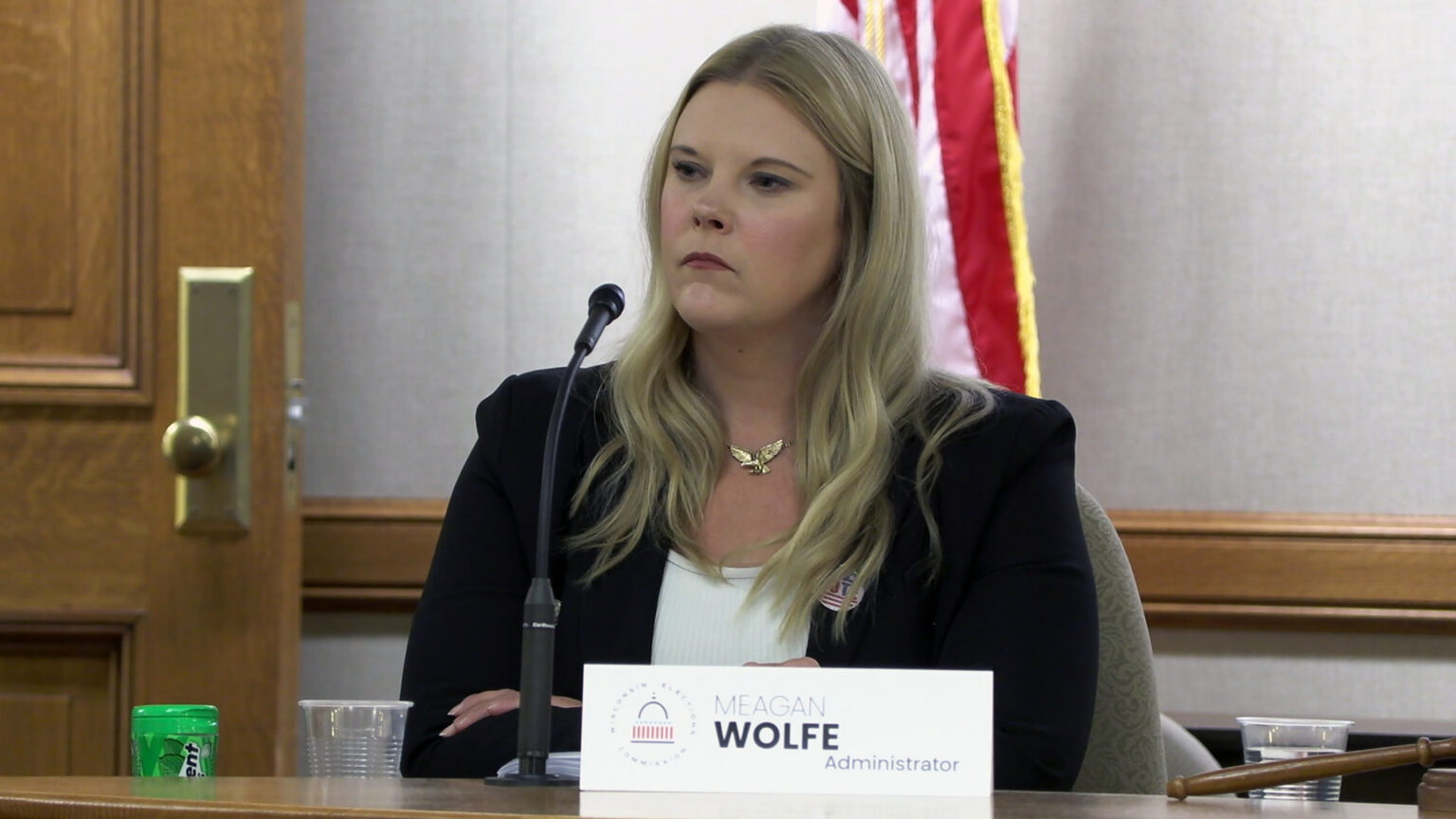
Wisconsin Elections Commission Administrator Meagan Wolfe attends a meeting on June 27, 2024, at the Wisconsin State Capitol in Madison. The Wisconsin Supreme Court on Sept. 11 said it would hear a lawsuit that could determine whether Wolfe could remain in her post after Republicans who control the state Senate sought to fire her in 2023. (Credit: PBS Wisconsin)

MADISON, Wis. (AP) — The Wisconsin Supreme Court on Sept. 11 said it would hear a lawsuit that could determine whether the state’s top elections official could remain in her post after Republicans who controlled the state Senate sought to fire her in 2023.
The liberal-controlled court said it would hear the case but did not immediately set a date for oral arguments. The court almost certainly will not rule before the Nov. 5 election.
Meagan Wolfe serves as the nonpartisan administrator of the Wisconsin Elections Commission, an agency run by a bipartisan board that oversees elections in the key presidential battleground state. Republicans unhappy with her, especially after the 2020 election won by President Joe Biden, have attempted to oust her from her job.
Wolfe has been the subject of conspiracy theories and targeted by threats from election skeptics who falsely claim she was part of a plot to rig the 2020 vote in favor of Biden. Biden defeated Donald Trump in 2020 by nearly 21,000 votes in Wisconsin, and his win has withstood two partial recounts, a nonpartisan audit, a conservative law firm’s review, and multiple state and federal lawsuits.
Senate Republicans voted in September 2023 to fire Wolfe, despite objections from Democrats and the Legislature’s nonpartisan attorneys, who said the Senate didn’t have the authority to vote at that time because Wolfe was a holdover in her position and had not been reappointed.
Democratic Attorney General Josh Kaul sued to challenge that vote, and in court filings, Republican legislative leaders changed course and claimed their vote to fire Wolfe was merely “symbolic” and had no legal effect. They also asked the judge to order the elections commission to appoint an administrator for the Senate to vote on.
Dane County Circuit Court Judge Ann Peacock, in a January ruling, said Wolfe is legally serving as administrator of the elections commission as a holdover given that the commission deadlocked on whether to reappoint her. The Senate’s vote to remove her had no legal effect and the commission has no duty to appoint a new leader while Wolfe is serving as a holdover, Peacock ruled.
Republican leaders of the Legislature appealed and asked the state Supreme Court to take the case directly, skipping a state appeals court, which it agreed to do on Sept. 11.
It is possible that the court will not issue a ruling until 2025, after lawmakers elected in November take office. Democrats hope to cut into Republicans’ 22-10 majority in the Senate. The Senate has the power to approve or reject gubernatorial appointees and others, like Wolfe.
Republicans have rejected 21 of Democratic Gov. Tony Evers’ appointees, breaking with the longtime bipartisan precedent of approving a governor’s choice.
 Passport
Passport




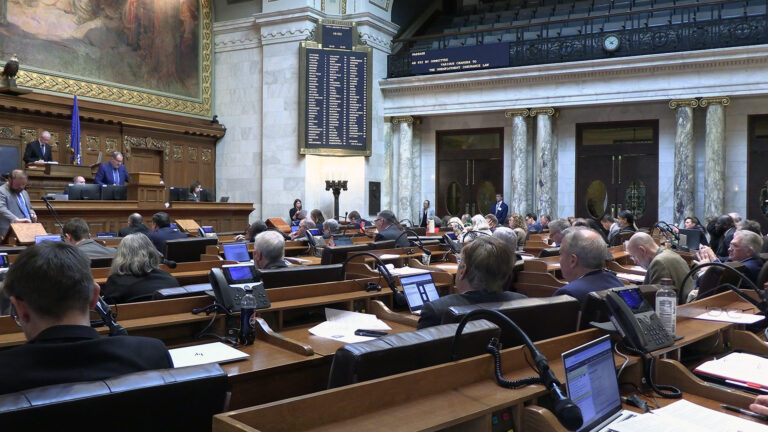

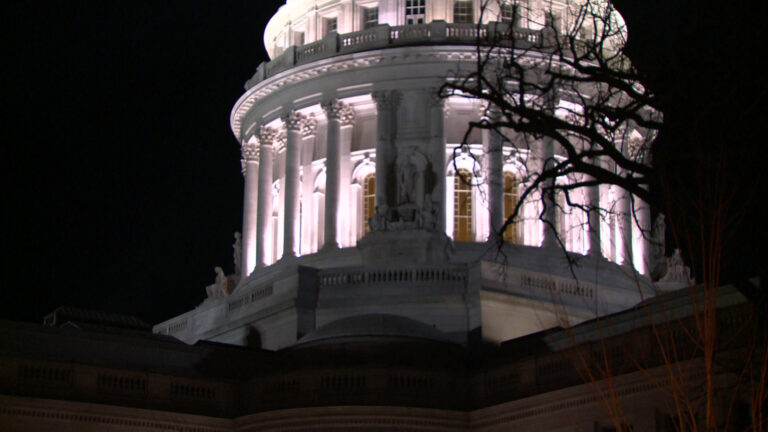
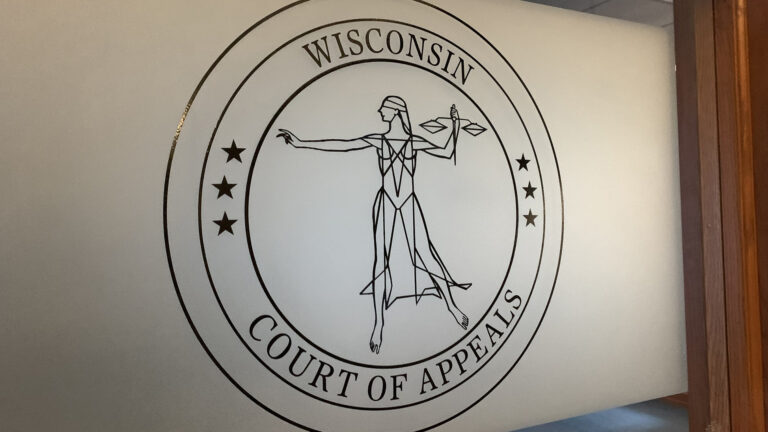
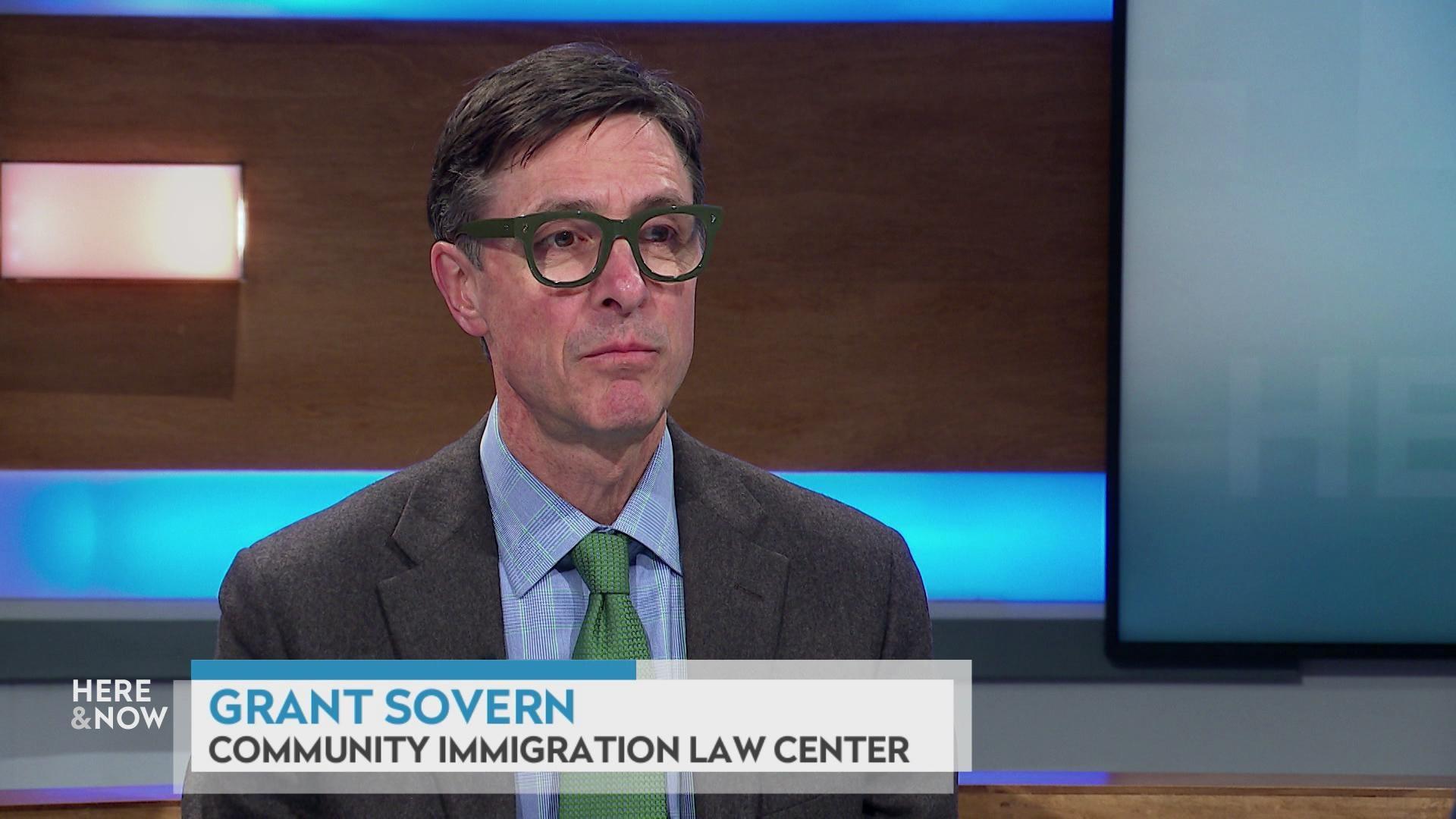
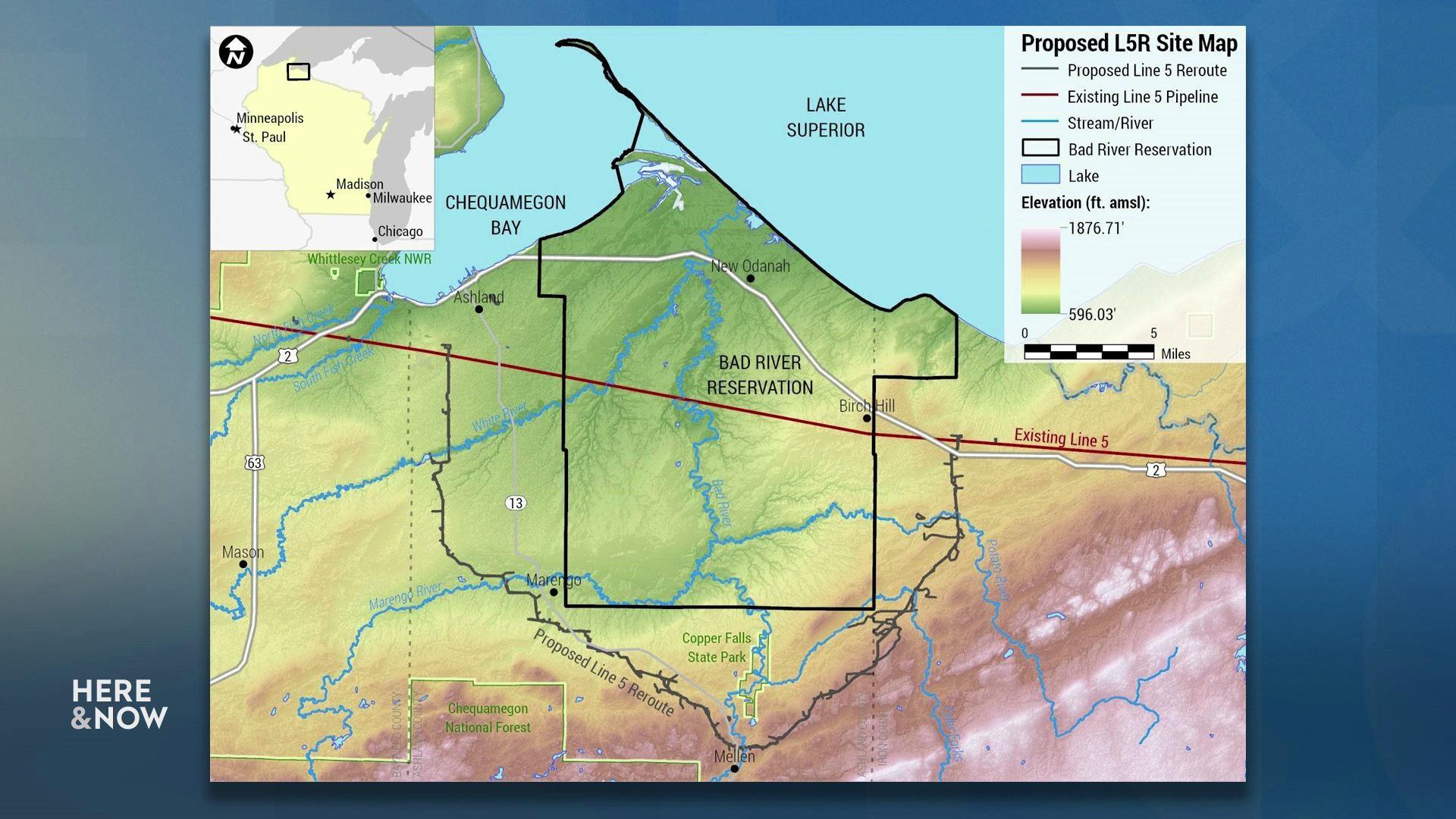

Follow Us